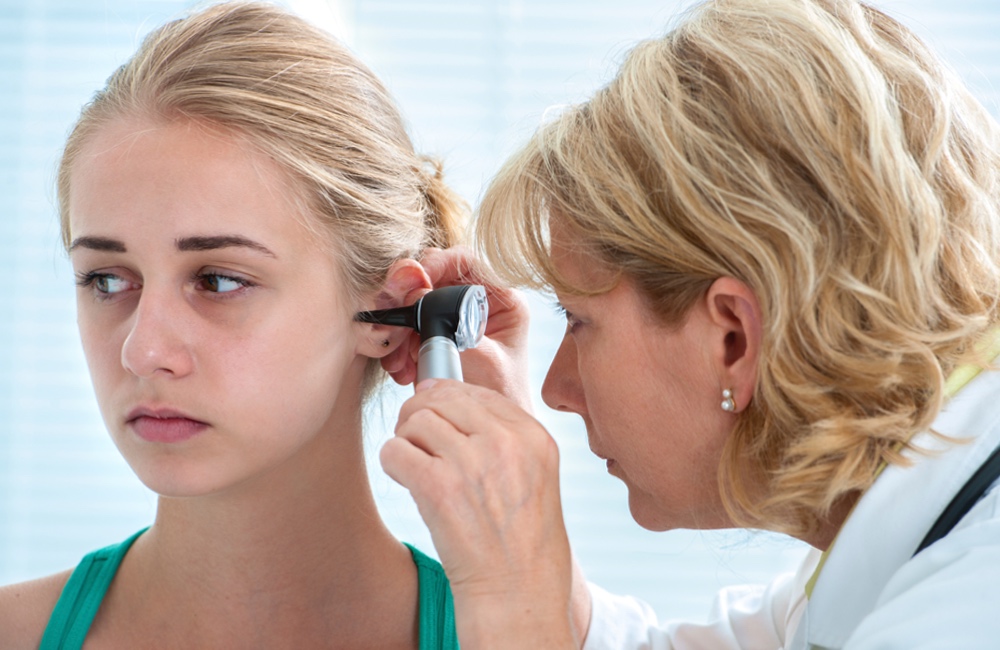When teens and young adults graduate from a pediatrician to doctors who treat adolescents and adults, having private time to discuss health issues honestly with their doctors is critical. Equally important is for the teen to gain an understanding that their health information is confidential, which can make a big difference in how they feel about seeing their providers and getting vaccines, screening, counseling and other preventive services. Too often, this conversation never takes place, however, according to a study by researchers at Columbia University Mailman School of Public Health.
“Discussing confidentiality and having private time with a provider are critical components of comprehensive clinical preventive services for young people, however about half of young people report never having had these with their provider,” Stephanie Grilo, the article's lead author, said in a statement. “Regular providers need to begin discussion of private time and confidentiality at earlier ages.”
Over 2000 young people, age 13 to 26, took part in the study. Only 22 percent of 13- to 14-year-old women and 14 percent of 13- to 14-year-old men had ever had private time with a healthcare provider. It wasn't much better for young adults — only about two-thirds of young adult women (68 percent) and men (61 percent) had ever experienced private time with their provider.Women physicians were more likely to have private patient discussions with young women, but not necessarily with young men.
Young people who indicate that they are sexually active were more likely to have private conversations with their doctors and to discuss confidentiality. It may be that doctors target adolescents and young adults who are involved in certain risk behaviors for private conversations. Women physicians were more likely to have private patient discussions with young women, but not necessarily with young men.
Young people who had had private time and discussed confidentiality with their provider felt better about their doctor and clinical preventive services in general. It is likely they understood any health issues they faced better, too. Having a positive attitude toward healthcare providers and preventive services can only be good news for young adults' health going forward.
“The gap between clinical recommendations and practice means there is a need for education of parents, providers and adolescents on the importance of private time and confidentiality for adolescent and young adult care.” Grilo added.
The study is published in Journal of Adolescent Health.





